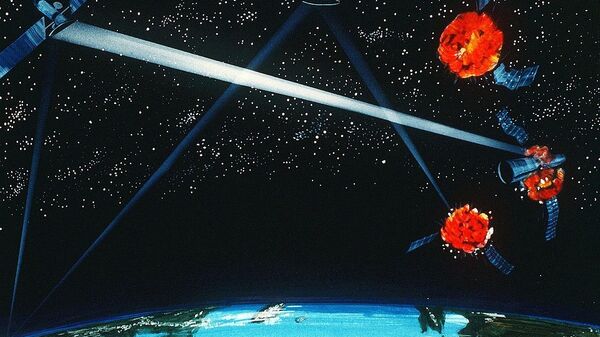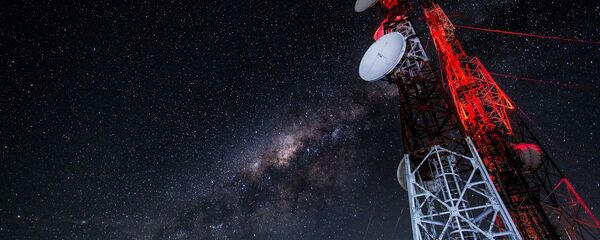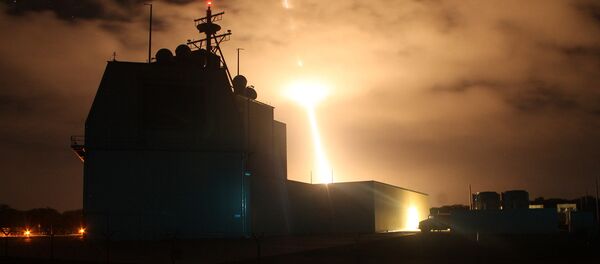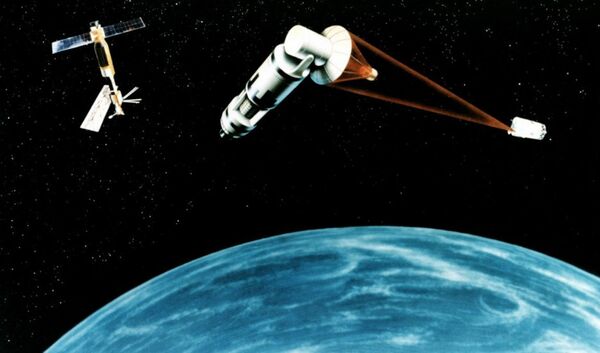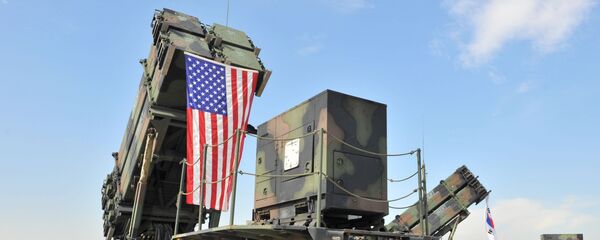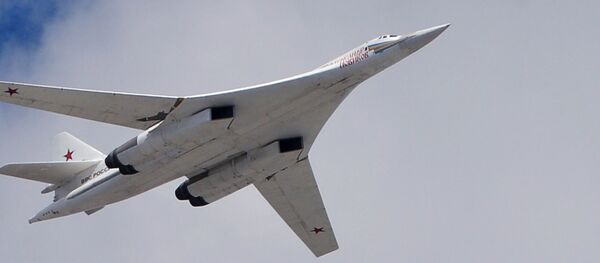"National security space can no longer be treated as a pay-for," Rep. Mike Rogers (R-Ala.), chairman of the House Armed Services Committee’s strategic forces subcommittee, said this week, as quoted by the US political newspaper The Hill.
"We have very real risks to Russia and China in space, and warfighting has become absolutely dependent on space," he added.
The newspaper reports that the House moved forward with its plans to create a Space Corps this week when it passed its version of the National Defense Authorization Act (NDAA).
"But the proposal faces a long road before becoming reality. The administration, including Defense Secretary James Mattis, has come out strongly against the idea. And there’s no equivalent proposal in the Senate, meaning the provision could be stripped out before the bill’s final passage," the outlet says.
While the Space Corps sounds like it would deploy a squadron to fight Martians, the new service would be focused on more familiar, terrestrial threats — namely, Russia and China, it explains.
The corps would have its own budget and its own chief of staff, who would join the Joint Chiefs of Staff.
Its duties, as described by the NDAA, would be "protecting the interests of the United States in space; deterring aggression in, from, and through space; providing combat-ready space forces that enable the commanders of the combatant commands to fight and win wars; organizing, training, and equipping space forces; and conducting space operations of the Space Corps under the command of the Commander of the United States Space Command."
Under the bill, the service would have to be up and running by January 1, 2019.
"Proponents of the space service argue Russia and China have been outpacing the United States in space. Both countries have conducted anti-satellite missile tests demonstrating their ability to shoot a satellite out of space," the newspaper goes on.
The idea, however, has failed to gain the support of the US military, including Pentagon Chief James Mattis.
The opponents of the latest proposal say that Congress has not done enough due diligence to justify such a big change, The Hill reports. It needs to slow down and require the Pentagon to study the issue before requiring it to reorganize, it quotes Rep. Michael Turner (R-Ohio) as saying.
Meanwhile, Air Force Secretary Heather Wilson commented that "creation of a separate Space Corps at this time would create additional seams between the services, disrupt ongoing efforts to establish a warfighting culture and new capabilities, and require costly duplication of personnel and resources."
Her point of view was supported by Air Force Chief of Staff Gen. David Goldfein.
Commenting on the idea, Lieutenant-General Aitech Bizhev, former Deputy Commander of the Air Force for the CIS, called it quite logical and modern. Even though separate Space units have existed in the US for some time, they need to be centralized, he told Russia's online newspaper Vzglyad.
On the other hand, the military expert said, the Pentagon's reasons should not be ignored. The setup of a separate military branch will complicate anything other than a simple structure for the US armed forces, hamper cooperation between the units as well as its management, and reinforce bureaucracy, while Mattis is trying to reorganize and optimize the US army.
Besides, he suggested, Congress might not allocate separate funds for the Corps, but simply re-distribute the funds of the US Air Force, which already lacks the money for the projects proposed by Mattis.
"Experience has shown that such an approach is ineffective. Such units can't operate on their own. They will certainly need a ground infrastructure, communication and guidance systems, as well as a logistics system, so they will use the systems of the Air Force," he told Vzglyad.
Murakhovsky noted that the US military are ready to develop space programs without any special units, and therefore suggested that the activity of the Congress might be explained by the active lobbying of aerospace corporations, which advocate the setup of a separate space unit.
With regards to the explanation of Congress that Russia and China might be far ahead in space by having adopted their armed forces to battling the threats coming from space, the experts called it at least strange. Back in 2015, Russia, on the contrary, merged two branches of its armed forces, its Space Troops and Air Forces, into the Aerospace Forces.
With regards to China, it also has separate space units, as well as the US, however it does not have a separate branch of Space Corps. In 2014, Beijing was discussing the setup of a similar structure, however it has not been implemented so far. It still remains to be seen whether China has abandoned these plans at all or just postponed them, however it is absolutely inappropriate to refer both to Moscow and Beijing as potential threats, the experts concluded.

